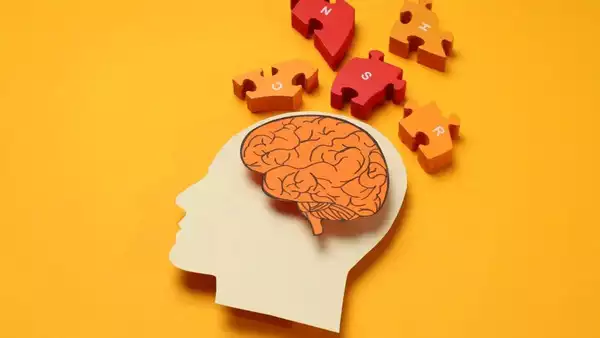Dementia is a condition that affects millions worldwide, including an estimated 8.8 million Indians over the age of 60, as reported by the Journal of Alzheimer’s Association. Identifying the earliest signs can be important, as it opens up possibilities for interventions that may help manage symptoms and improve quality of life. Here we look at the most common early indicators of dementia, based on research and studies, to help us spot any changes that may be cause for concern in our loved ones.
Getting lost in familiar places
One of the earliest signs of dementia is disorientation, even in places that the person frequently visits. According to a University of Missouri study, people with early dementia may lose their way home or become unable to visit locations they used to know well. Early dementia disrupts the brain’s spatial memory, which impacts the person’s ability to recognise previously familiar locations, leading to this type of disorientation.

Difficulty recalling names of close friends and family
Struggling to remember the names of loved ones is another red flag, as noted by the University of Missouri. While momentary forgetfulness is normal, dementia-related memory lapses are persistent and may involve close relationships. Patients may pause or seem uncertain when asked about close family members or friends, sometimes substituting names with general terms like “that person.”
Families should be attentive to repeated signs of memory gaps, as this is often one of the more noticeable changes in the early stages of dementia.
Persistent low mood and anxiety

In many cases, early-stage dementia brings mood changes, including ongoing feelings of sadness or anxiety. According to research from Australian Prescriber in 2011, people with dementia often experience these emotional shifts before cognitive symptoms become apparent. While it’s common for older adults to experience mood changes, persistent low moods or uncharacteristic anxiety could indicate something more significant. These mood changes can go unnoticed because they can be mistaken for signs of typical ageing or situational stress.
Visible difficulty with walking or movement
Early dementia can also be reflected in changes in a person’s movement pattern. People with dementia may have issues with their gait, balance, or coordination, which can make them appear wobbly on their feet, according to research from Johns Hopkins Medicine. This symptom is associated with dementia’s neurological repercussions, which can affect both cognitive and physical abilities.
Study finds clean air matters for healthy brain
Loss of interest in hobbies and social activities
Another early symptom of dementia is identified as withdrawal from once-fun hobbies, social meetings, and activities. This behavioural change is generally caused by a combination of cognitive and emotional reasons. As memory and understanding become more difficult, activities that were once fun and enjoyable may become overwhelming or difficult.






